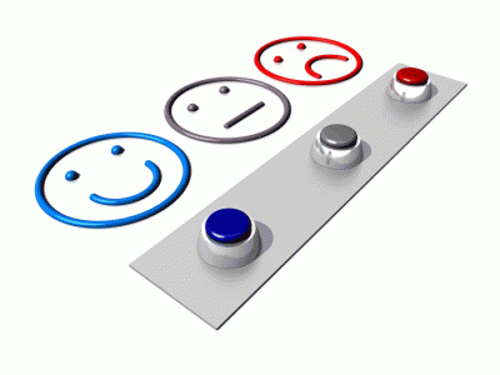Development of Employee Disciplinary Policies
Discipline is best defined as the observation of principles, rules or any other laid down procedures, practices, written or otherwise in the organization by the employees or group of employees, to whom these apply, for smooth and effective functioning of the organization.
Since, disciplinary measures have serious implications for employees; they often are based on the principles of being fair, just and acceptable to employees and, where applicable, the union as well. It cannot be enforced or imposed on employees, as history has proved, it never benefits anyone. So one of the most significant transformations that has impacted the workplace in the past few years is the ‘reinstatement’ of discipline in a positive and employee-supported environment.… Read the rest

